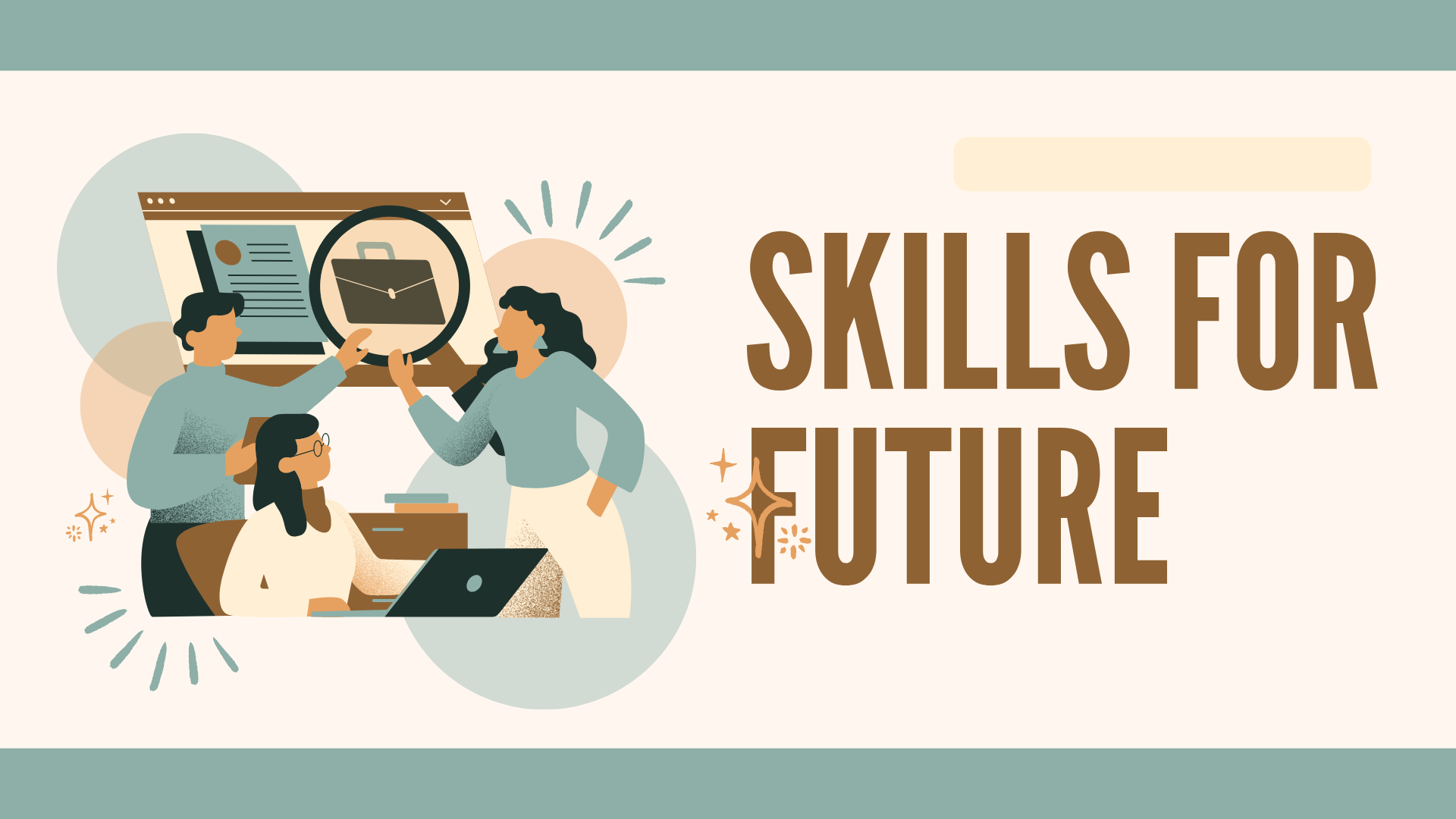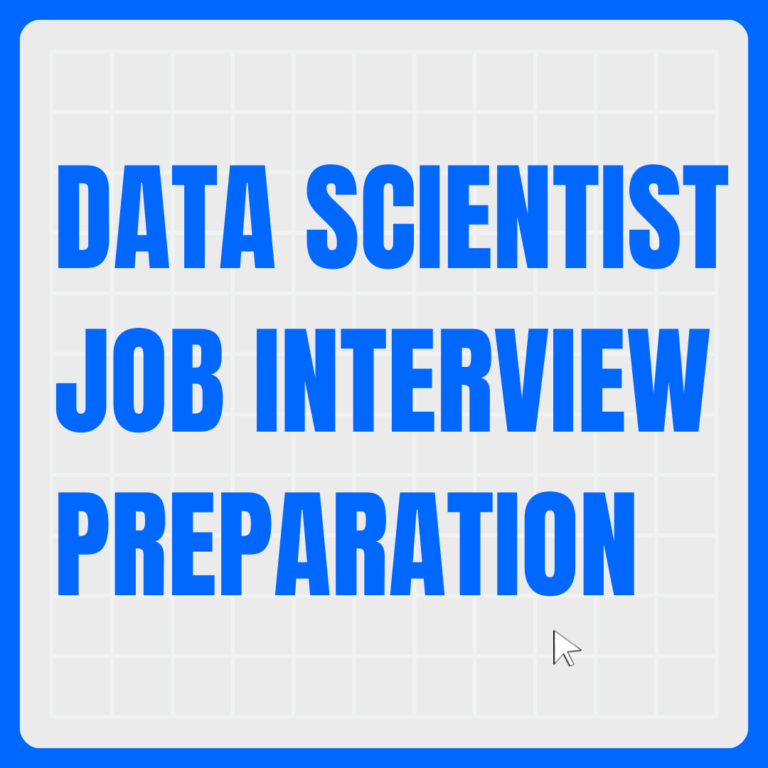Skills for Future Careers: Preparing for a Rapidly Evolving Job Market
In an era defined by technological advancements and global transformations, skills for future careers are more critical than ever. As industries adapt to the digital age, professionals must equip themselves with a blend of technical expertise, creativity, and adaptability to thrive. From artificial intelligence to emotional intelligence, the job market of tomorrow demands continuous learning and the development of new capabilities. Let’s explore the essential skills for future careers and how you can prepare for this dynamic landscape.
1. Digital Literacy and Technical Skills
In the digital-first world, technical proficiency is non-negotiable. Employers prioritize candidates who are comfortable navigating modern technologies and tools. Key digital skills include:
- Artificial Intelligence and Machine Learning: Understanding how AI systems work and their applications is increasingly valuable.
- Data Analysis and Visualization: The ability to interpret data insights is essential across industries.
- Cybersecurity: As cyber threats grow, professionals skilled in securing systems and networks are in high demand.
- Cloud Computing: Expertise in cloud platforms like AWS, Azure, and Google Cloud opens up lucrative career paths.
- Blockchain: This technology is transforming industries, particularly in finance and supply chain management.
Whether you are a seasoned professional or just starting your career, upskilling in these areas is vital for future-proofing your career.
2. Adaptability and Agility
The future of work is unpredictable. Jobs and roles are continuously evolving, often requiring quick pivots. To thrive in this environment, adaptability is a must. Employers look for candidates who can:
- Learn new tools and technologies swiftly.
- Transition between roles or projects without hesitation.
- Thrive in fast-paced, ever-changing work environments.
Agility also includes a mindset geared towards lifelong learning. Professionals who invest in continuous education will stay ahead of industry trends and challenges.
3. Emotional Intelligence (EQ)
While machines can perform tasks with incredible efficiency, they lack human empathy and emotional understanding. Emotional intelligence—our ability to manage emotions, empathize, and build meaningful relationships—is becoming a core workplace skill.
Key components of EQ include:
- Self-awareness: Understanding your strengths, weaknesses, and emotional triggers.
- Empathy: Recognizing and valuing others’ perspectives and feelings.
- Conflict Resolution: Navigating workplace disagreements effectively.
- Team Collaboration: Building trust and fostering cooperation.
Leaders and employees with high EQ are better equipped to handle interpersonal challenges, making this an invaluable skill for future careers.
4. Creativity and Innovation
As automation takes over repetitive tasks, creativity remains a uniquely human skill. Future careers will prioritize individuals who can think outside the box and bring fresh perspectives to complex problems. Industries like technology, marketing, and design heavily rely on creativity for innovation and differentiation.
Tips for enhancing creativity include:
- Experimenting with new hobbies or learning experiences.
- Collaborating with diverse teams to gain different perspectives.
- Staying curious and open to change.
Creative thinking leads to breakthrough solutions and drives success in any field.
5. Critical Thinking and Problem-Solving
The complexity of modern problems requires professionals who can analyze situations critically and develop effective solutions. Critical thinking goes beyond simply gathering information—it involves questioning assumptions, evaluating evidence, and making informed decisions.
Key elements of problem-solving include:
- Breaking down problems into manageable parts.
- Identifying root causes and patterns.
- Brainstorming and implementing innovative solutions.
This skill is especially valuable in roles requiring strategic planning and decision-making.
6. Communication Skills
Effective communication is vital for collaboration, leadership, and achieving organizational goals. Future careers demand professionals who can articulate ideas clearly, listen actively, and adapt their communication styles to diverse audiences.
Critical communication skills include:
- Verbal Communication: Delivering persuasive and concise messages.
- Written Communication: Crafting professional emails, reports, and presentations.
- Active Listening: Understanding and addressing others’ concerns.
- Cross-Cultural Communication: Navigating conversations with global teams.
Investing in communication training and practice will significantly enhance your career prospects.
7. Sustainability and Green Skills
With the world prioritizing sustainability, green skills are becoming integral to future careers. From renewable energy to sustainable business practices, professionals must align with eco-conscious values.
Skills to focus on include:
- Knowledge of sustainable resource management.
- Understanding carbon footprint reduction strategies.
- Expertise in environmental regulations and standards.
As companies strive to meet ESG (Environmental, Social, and Governance) goals, professionals with green skills will play a vital role in shaping a sustainable future.
8. Leadership and People Management
The ability to lead and inspire teams remains a cornerstone of career success. Future leaders must balance traditional management practices with a human-centered approach, fostering trust and collaboration.
Essential leadership traits include:
- Empowering teams through mentorship and guidance.
- Navigating challenges with resilience and optimism.
- Fostering diversity, equity, and inclusion (DEI) in the workplace.
Leadership skills are valuable not only for managers but also for individual contributors who aim to drive impact in their roles.
9. Financial and Business Acumen
Understanding financial principles and business operations is critical for professionals across sectors. As businesses navigate economic complexities, they seek employees who can contribute to their financial health and growth.
Skills to develop include:
- Budgeting and financial planning.
- Market analysis and forecasting.
- Strategic thinking and ROI evaluation.
These skills empower professionals to align their roles with organizational goals, making them indispensable assets.
10. Networking and Personal Branding
The ability to network effectively and build a strong personal brand will differentiate you in the competitive job market. Professionals with a well-established brand are more likely to attract career opportunities, collaborations, and recognition.
Tips for personal branding include:
- Creating a compelling LinkedIn profile that showcases your achievements.
- Sharing industry insights and thought leadership content.
- Building authentic relationships with peers and mentors.
Networking also involves attending conferences, workshops, and online forums to stay connected with industry trends.
Conclusion
Preparing for the future job market requires a proactive approach to skill development. By focusing on skills for future careers, such as digital literacy, emotional intelligence, creativity, and adaptability, professionals can position themselves for success in an ever-evolving landscape. Remember, the future belongs to those who embrace lifelong learning and remain open to change. Start building these skills today to unlock your career potential tomorrow.








